Insurer’s Request to Add Named Insured to a Release Constitutes a Counteroffer and May Subject Insurer to Excess Exposure
Tania Moore

O.C.G.A. § 9-11-67.1(d) grants a recipient of an offer to settle a tort claim arising from the use of a motor vehicle “the right to seek clarification regarding the terms, the terms of the release, liens, subrogation claims, standing to release claims, medical bills, medical records, and other relevant facts.” However, such a recipient must be careful that a request for clarification does not constitute a counteroffer.
In Bennett v. Novas,[1] the claimant sent a letter to Progressive Mountain Insurance Company (“Progressive”), making a time-limited demand against Progressive and its driver for the full $25,000 liability insurance policy limit. The claimant’s demand letter stated, in pertinent part, as follows:
Bennett v. Novas, No. A22A0361, 2022 WL 2186435, at *1 (Ga. Ct. App. June 17, 2022).
About six (6) days after receiving the claimant’s letter, and weeks before the expiration of the claimant’s offer of settlement, Progressive sent a response letter to the claimant acknowledging the offer of settlement. Therein, Progressive also identified the named insured under its policy, and asked the following question: “Could you please clarify if [the named insured] can also be named on the limited liability release?” Progressive did not pose any questions to the claimant regarding the existing terms in his demand letter or the specific parties that the claimant offered to release.
The claimant did not respond to Progressive’s letter. Subsequently, Progressive sent the claimant a second letter accepting the claimant’s offer and providing a check for policy limits. The claimant returned the $25,000 check to Progressive, stating that Progressive failed to properly accept the settlement offer.
The Court of Appeals agreed with the claimant and held that Progressive’s response letter constituted a counteroffer, because Progressive requested that an additional party, the named insured, be added to the limited liability release. The Court emphasized that Progressive did not attempt to clarify the terms of the claimant’s existing offer, and Progressive’s use of the word “clarify” in its response letter “is of no significance” as it did not have the effect of clarifying.
Progressive’s request was treated as an attempt to modify the release terms offered by the claimant, and, therefore, constituted a rejection of the claimant’s policy-limits demand. Failing to accept the demand exposed Progressive, and its insured, to the potential for liability in excess of the policy limits.
The decision in Bennett v. Novas demonstrates the difficulty that insurers often encounter when faced with policy limits demands in Georgia. Although the statute allows for clarification in limited circumstances, it is important for insurers to know and understand the scope of what is permitted when responding to these kinds of demands. McMickle, Kurey and Branch has extensive experience dealing with demands under O.C.G.A. § 9-11-67.1. For more information on navigating time-limited demands under Georgia law and tips for avoiding bad faith, please contact us at 678-824-7840 or 678-824-7800. Alternatively, you can reach me by sending an email.
[1] Bennett v. Novas, No. A22A0361, 2022 WL 2186435 (Ga. Ct. App. June 17, 2022).
